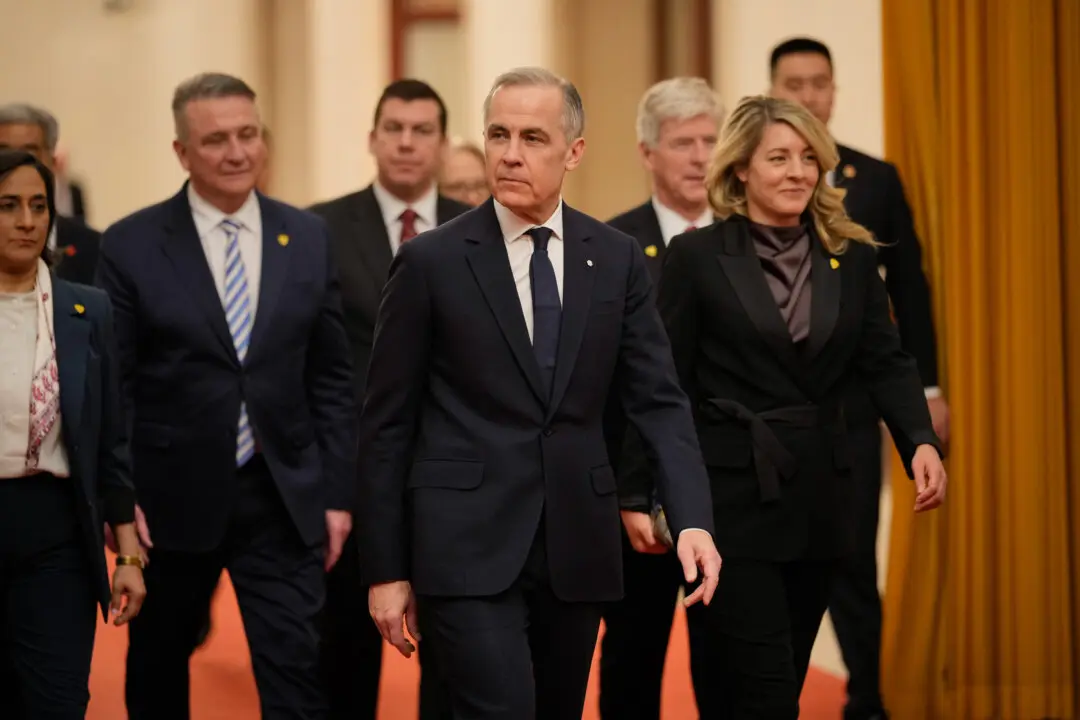The very tortuous history of relations between Canada as an autonomous jurisdiction and its indigenous people divides along ragged lines between nobility, tragedy, and farce.
Canada has been responsible for its indigenous policy since 1848 in the case of Ontario and Quebec, and since 1867 in respect of the whole country except Newfoundland and Labrador which joined Confederation in 1949. We temporarily descended to a new level of absurdity on this subject with British Colombia’s proposed changes to its Land Act, which governs the provincial granting of leases, licenses, permits, rights-of-way, and land sales. It was revealed that the changes would cause a shift to joint decision-making power between the provincial government and B.C.’s more than 200 First Nations, “through joint or consent models.”





